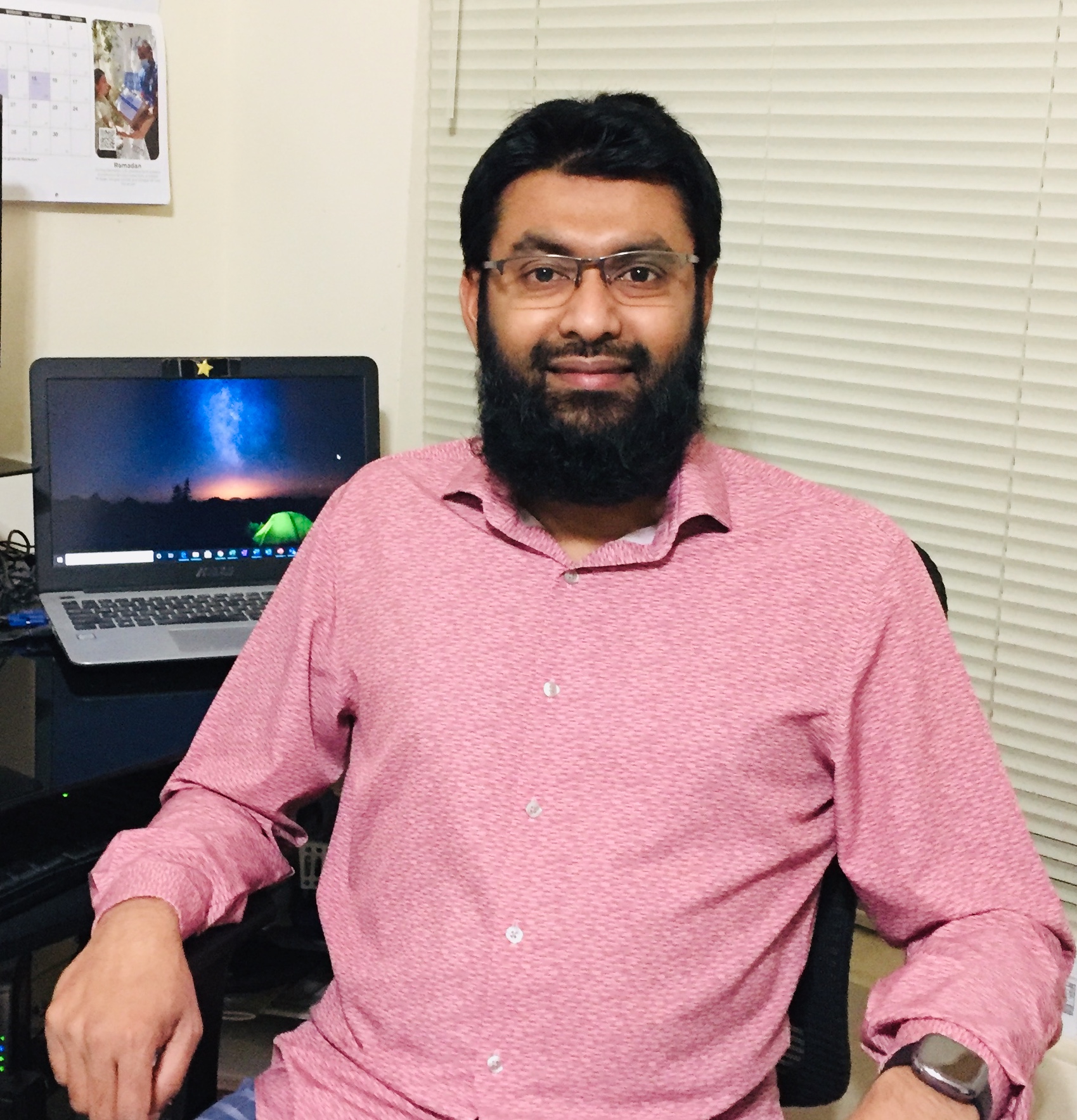Dr. Ken Moore is Charles F. Curtiss Distinguished Professor in Agriculture and Life Sciences and Professor in Agronomy at Iowa State University where he has been a member of the faculty since 1993. He previously held the Pioneer Hi-Bred Agronomy Professorship in Agronomy (2017-21). He holds a B.S. (1979) degree from Arizona State University and M.S. (1981) and Ph.D. (1983) degrees in Agronomy from Purdue University. He held faculty positions at the University of Illinois (1983-87) and New Mexico State University (1987-89), and was a USDA/ARS Research Agronomist and adjunct faculty member at the University of Nebraska, Lincoln (1989-93). His research focuses on the development and improvement of biomass crops and cropping systems. He served as Project Director for the USDA-NIFA-CAP project CenUSA: Sustainable Production and Distribution of Bioenergy for the Central USA (2011-19). He is the founding director and led the development of the Master of Science in Agronomy distance education program (1995-2017). He served two terms (2010-2017) on the ISU Graduate Council and was its Chair during the 2015-16 academic year. He teaches a graduate course on quantitative methods and the design and analysis of agronomic experiments (Agron 526). He has worked on collaborative research and education projects in Morocco, Costa Rica, and New Zealand where he was a Senior Research Fellow with AgResearch Grasslands in 1998. Dr. Moore served as President of the Crop Science Society of America (CSSA, 2004) and President of the American Society of Agronomy (ASA, 2008). He served on the editorial boards of Agronomy Journal, agronomy, and Crop Science, was the founding editor of the e-journal Crop Management, and is the Founding Editor-in-Chief of crops. He is co-editor of Forages Volume I: An Introduction to Grassland Agriculture and Forages Volume II: The Science of Grassland Agriculture. Dr. Moore is a member of Gamma Sigma Delta, Phi Kappa Phi, and Sigma Xi and has been recognized with Outstanding Young Scientist and Merit Awards by the American Forage and Grassland Council, the Young Crop Scientist Award and Martin and Ruth Massengale Lectureship by CSSA, and the Agronomic Service Award, Distinguished Service Award, and Carl Sprengel Agronomic Research Award by ASA. He is a Fellow of ASA, CSSA, and the American Association for the Advancement of Science (AAAS).
Aboobucker, Siddique Imran
McDaniel, Marshall
Clark, Danielle
My role:
Coordinate the research activities of the Agronomy Shared Lab group. Provide research support and training to faculty, staff, graduate and undergraduate students who require the use of the shared equipment and facilities.
Support all research groups in the department as the Agronomy Department Lab Safety Contact with EH&S.
Research interests:
My general research interest is centered primarily on crops for bioenergy and sustainability. I have been working with biomass crops for 20+ years – starting at age 15!
Hobbies:
The outdoors, gardening & home canning, crafting, spending time with family, camping, kayaking, being healthy, and staying active!



